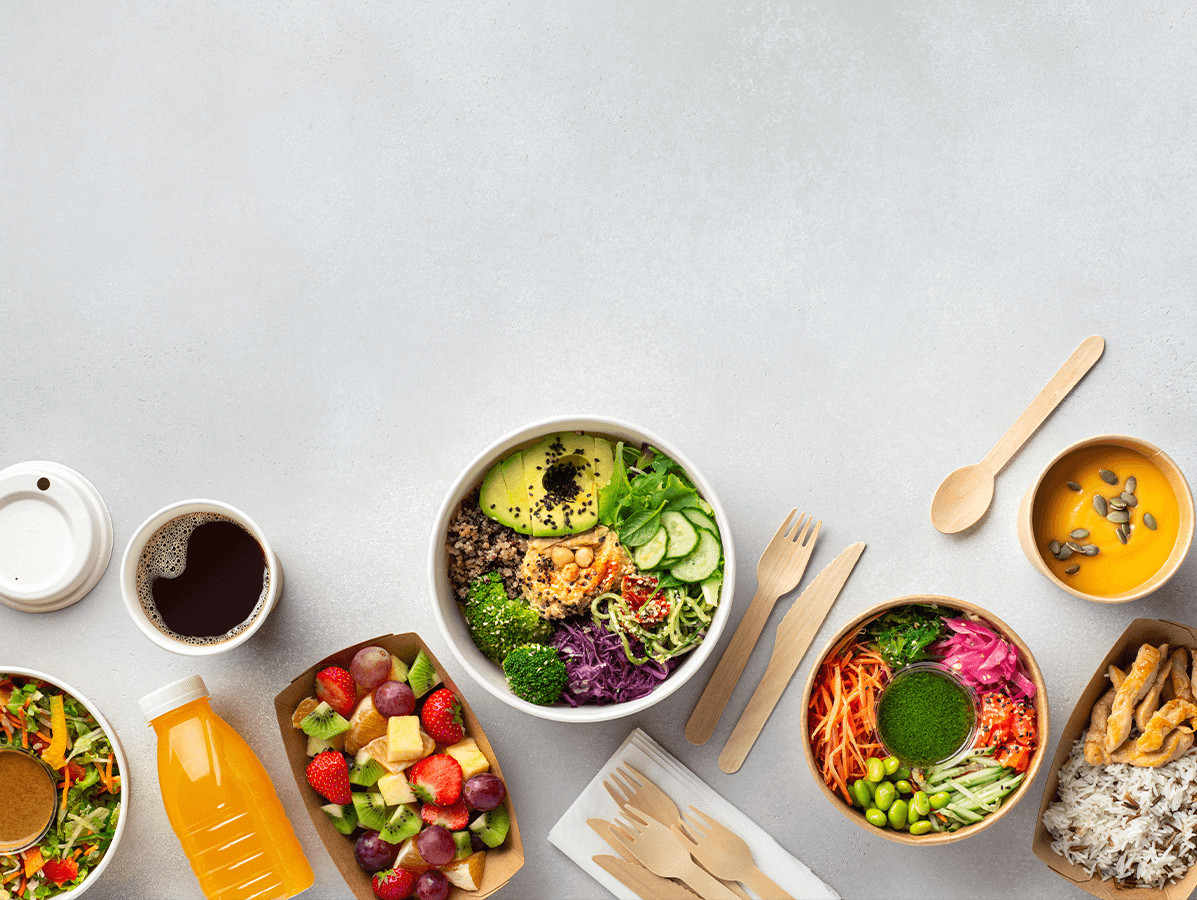
By 2024, disposable plastic cups and containers will not be allowed when eating or drinking in restaurants, festivals or offices. Reusable plates and cups will then be the standard in order to prevent environmental pollution and plastic soup. This is what State Secretary Vivianne Heijnen (Environment) wrote in a letter to the Lower House on Tuesday 29 March 2022. The measures are aimed at reducing the enormous numbers of plastic products that are thrown away after single use.
In the rules for fewer plastic disposable cups and mugs, a distinction is made between consumption on site and consumption on the go (takeaway and delivery). For consumption on site, by 2024 reusable dishes will be the starting point: the washable coffee mug in the office and the plate in the canteen and eateries. When really necessary, companies can choose to continue using certain disposable plastic cups and containers, provided that they collect 75%-90% of them for high-quality recycling.
For on-the-go consumption and takeaway, a charge will be made for single-use plastic cups and containers on top of the price of the coffee or meal by July 2023. This also applies to the cups from which coffee to go is often drunk, for example. These also contain a layer of plastic. Entrepreneurs can decide for themselves how much they charge per disposable plastic cup or tray. 100% paper and other plastic-free disposable packaging will remain permitted. In supermarkets, some plastic packaging similar to to-go packaging will also cost money, such as a pre-packaged sandwich or a salad.
With the new rules, from 2023 the bill for cleaning up the litter on the streets, in ditches, rivers and nature reserves caused by plastic products will also be paid by the producers who put these products on the market. This applies specifically to drinking cups, food packaging, bags, wrappers, plastic bags, cigarette filters, balloons and wet wipes. This money is distributed among government organisations that clean up litter, such as municipalities and provinces.
The measures stem from the European Single-Use Plastics Directive. Since 3 July 2021, this directive has required all European member states to take measures to reduce the environmental impact of the 10 most commonly found disposable plastic products on beaches. In addition, the free distribution of plastic bags has been banned since 2017. With success: since then, the number of plastic bags ending up in litter has decreased by 70%. For the use of single-use plastic cups and food containers, Member States must achieve an ambitious and continuous reduction by 2026 compared to 2022. The measures described above should lead to this reduction being achieved in the Netherlands.
Source: Rijksoverheid